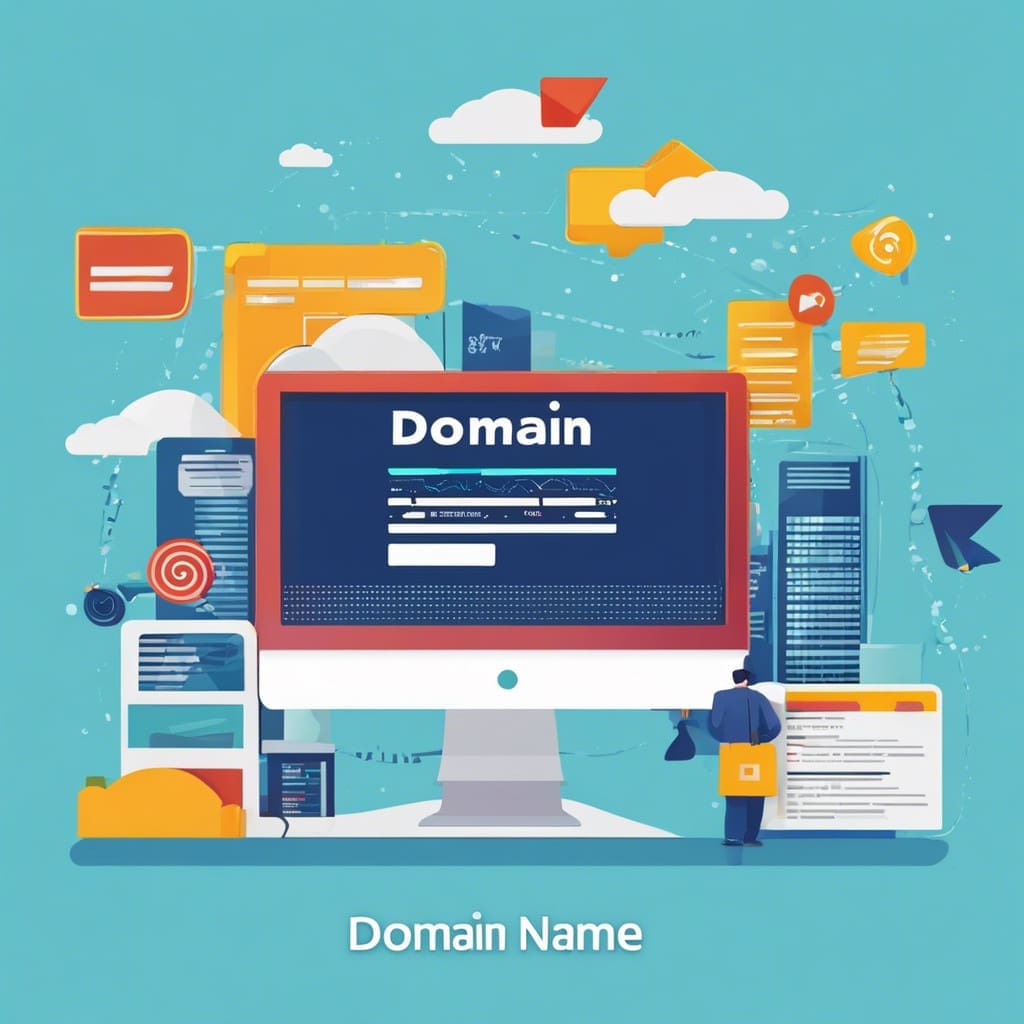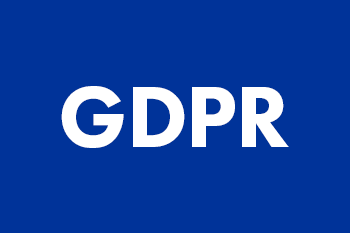-
Table of Contents
The Importance of 

In today’s digital age, having a strong online presence is crucial for businesses and individuals alike. One of the key metrics that determine the success of a website is its webpage traffic. Webpage traffic refers to the number of visitors a website receives, and it plays a significant role in determining the website’s visibility, reach, and ultimately, its success. In this article, we will explore the importance of webpage traffic and discuss strategies to increase it.
Why is Webpage Traffic Important?
Webpage traffic is a critical metric for several reasons:
- Visibility: Higher webpage traffic means more people are visiting your website, increasing its visibility and reach.
- Lead Generation: More traffic can lead to more leads and conversions, ultimately driving revenue for businesses.
- SEO Ranking: Search engines like Google consider website traffic as a ranking factor, so higher traffic can improve your website’s search engine ranking.
- Brand Awareness: Increased traffic means more people are exposed to your brand, helping to build brand awareness and credibility.
Strategies to Increase Webpage Traffic
There are several strategies that can help increase webpage traffic:
1. Search Engine Optimization (SEO)
Optimizing your website for search engines is crucial for driving organic traffic. This includes keyword research, on-page optimization, and building quality backlinks.
2. Content Marketing
Creating high-quality, relevant content can attract visitors to your website. Content such as blog posts, videos, and infographics can help drive traffic and engage your audience.
3. Social Media Marketing
Utilizing social media platforms to promote your content and engage with your audience can drive traffic to your website. Sharing blog posts, videos, and other content on social media can help increase visibility and traffic.
4. Email Marketing
Email marketing is a powerful tool for driving traffic to your website. Sending out newsletters, promotions, and updates to your email list can encourage visitors to return to your website.
Case Studies
Let’s look at a couple of case studies to illustrate the impact of webpage traffic:
Case Study 1: Company A
Company A implemented an SEO strategy that focused on optimizing their website for relevant keywords. As a result, their webpage traffic increased by 50% within six months, leading to a 30% increase in leads and conversions.
Case Study 2: Blogger B
Blogger B started a content marketing campaign that involved creating weekly blog posts and promoting them on social media. As a result, their webpage traffic doubled in three months, leading to a significant increase in ad revenue and affiliate sales.
Conclusion
Webpage traffic is a crucial metric that can impact the success of a website. By implementing strategies such as SEO, content marketing, social media marketing, and email marketing, you can increase your webpage traffic and achieve your business goals. Remember, quality content and engagement are key to attracting and retaining visitors to your website.
Increase your webpage traffic today by optimizing your SEO strategy. Visit Reason Hosting for expert guidance and tools to drive more visitors to your site.

Reason Hosting | Phone: 661-412-0669
Fastest WordPress Hosting
https://reasonhosting.com

























